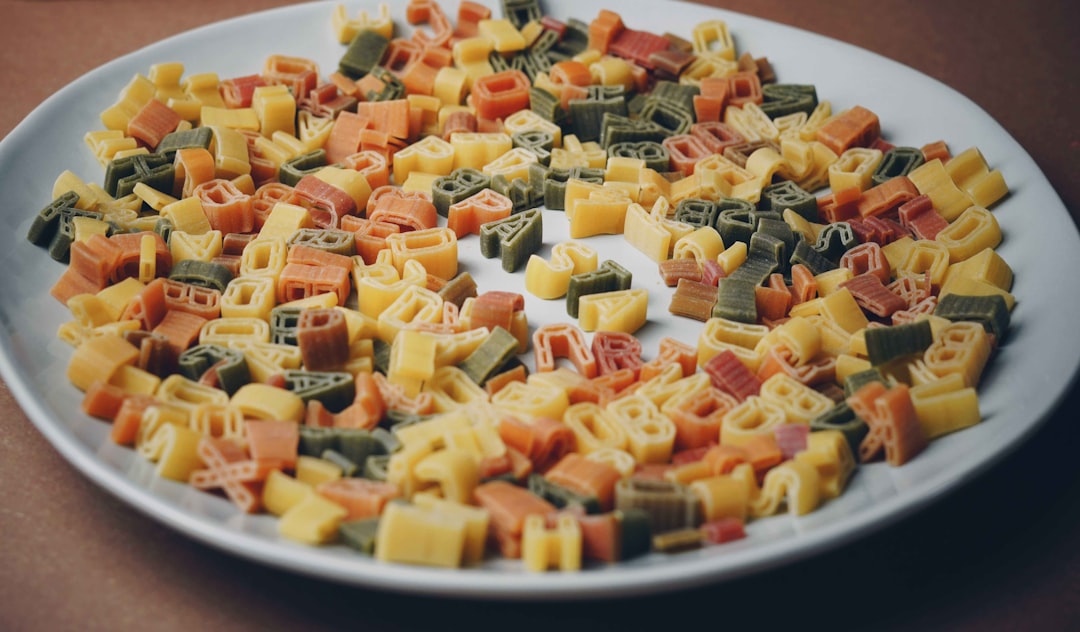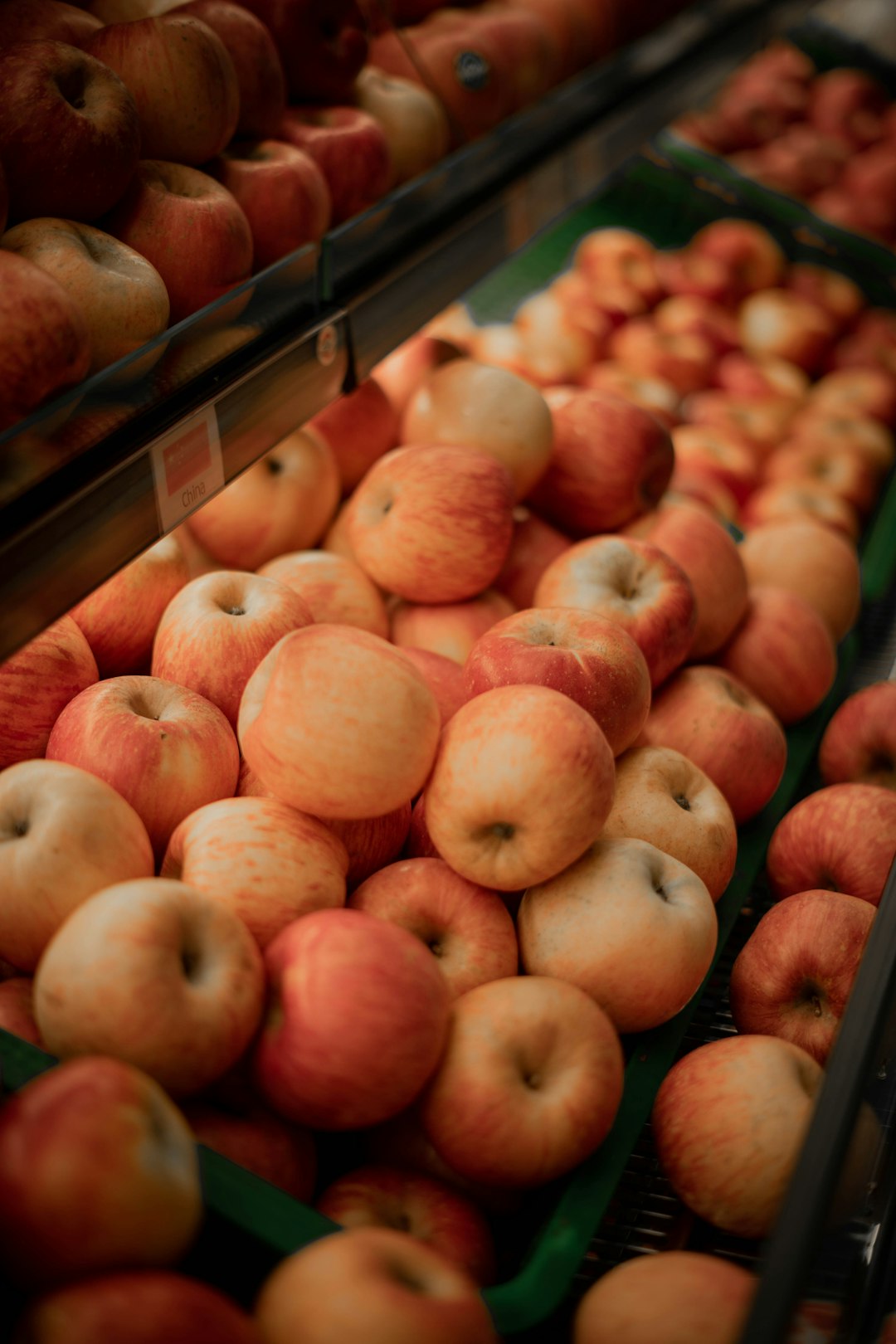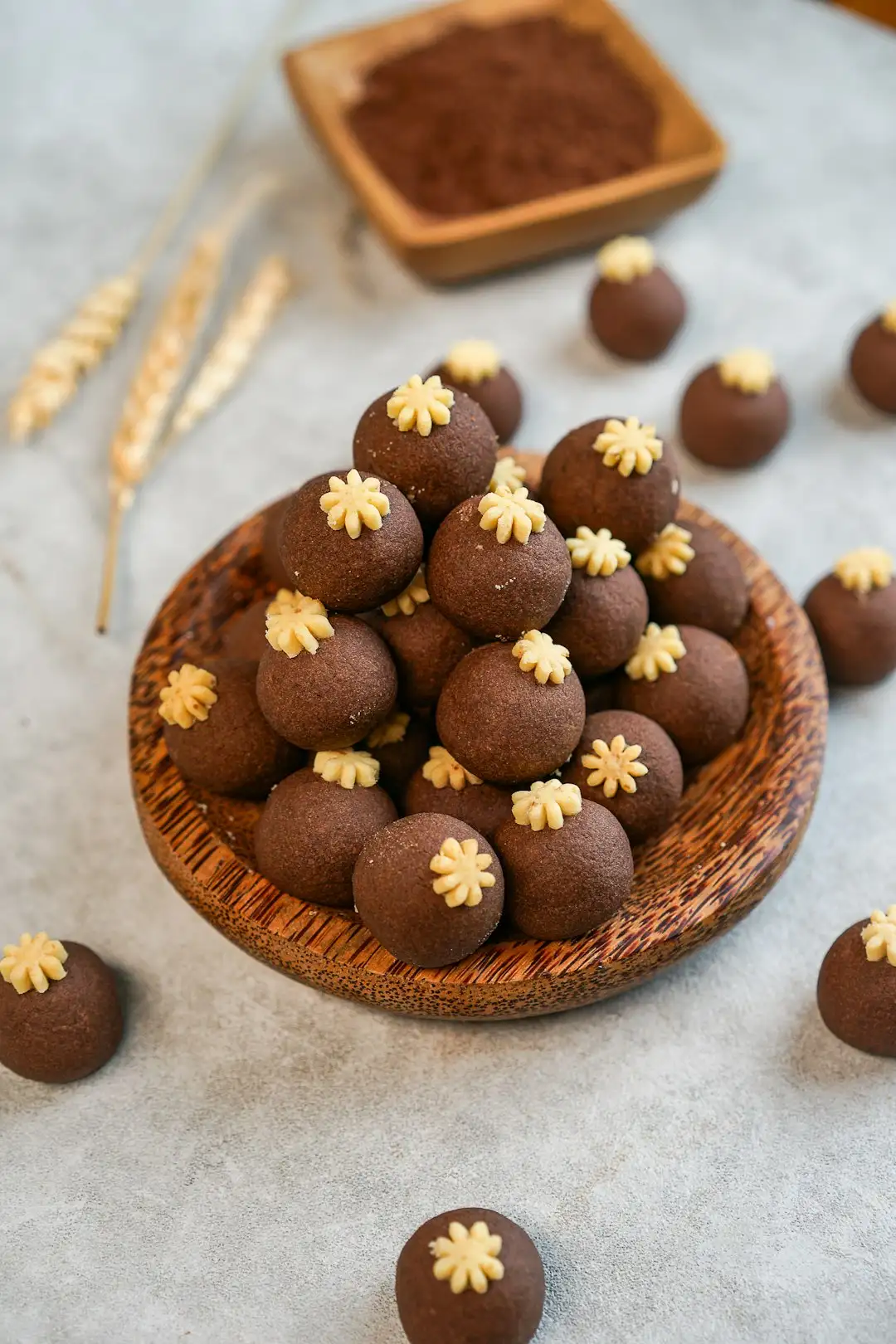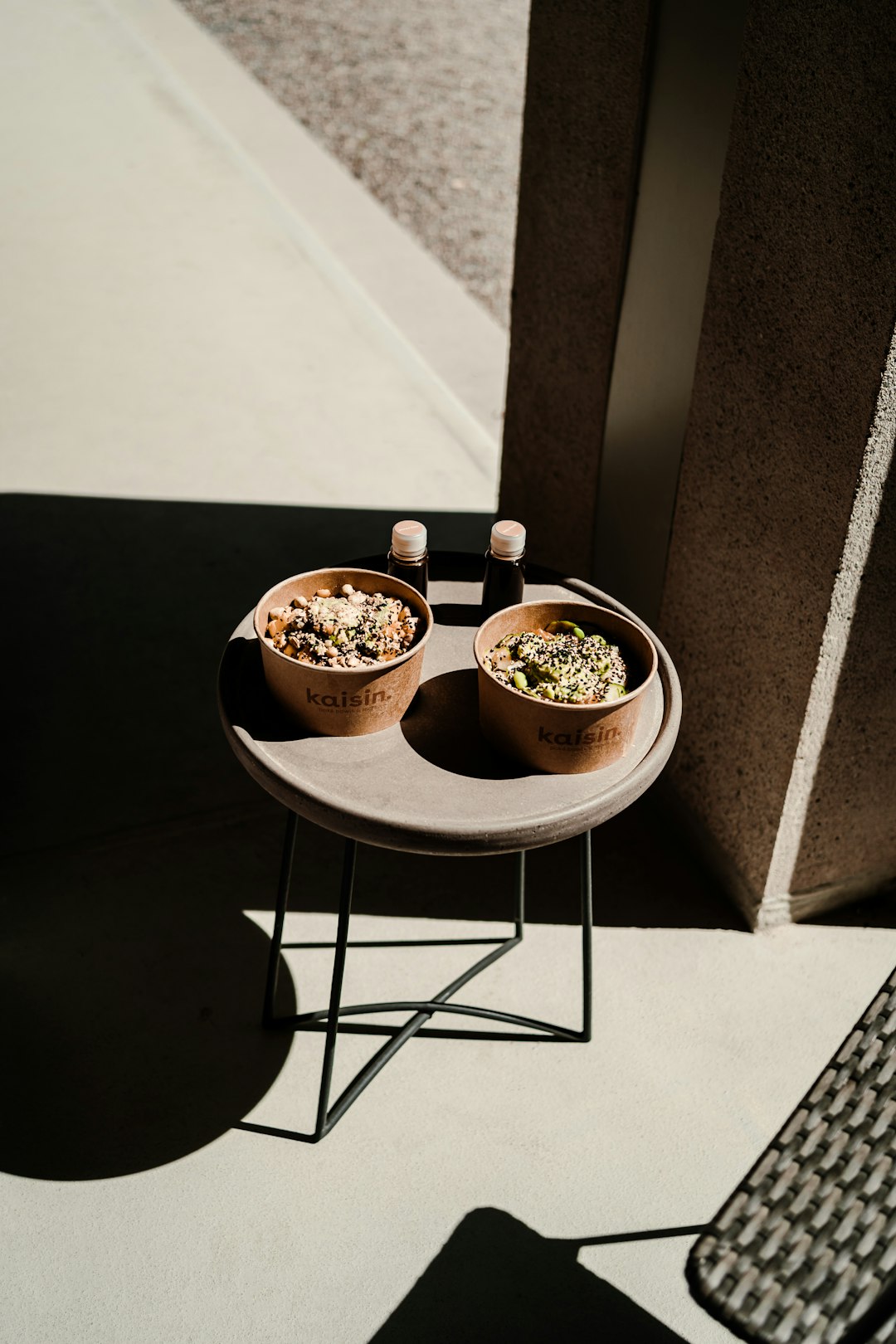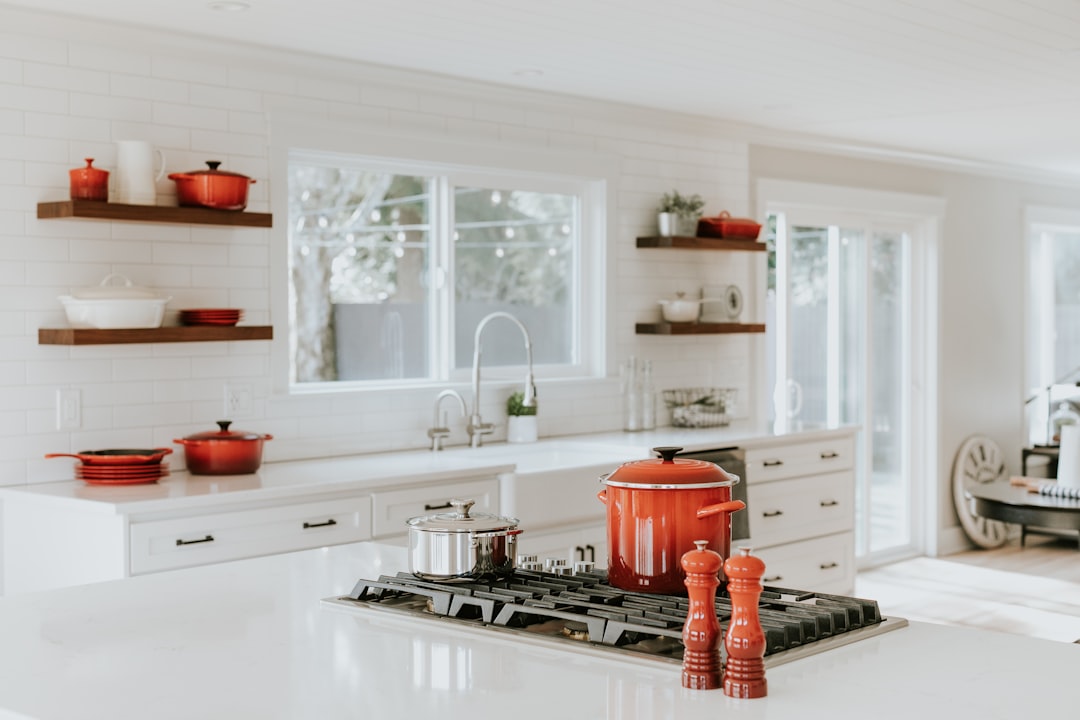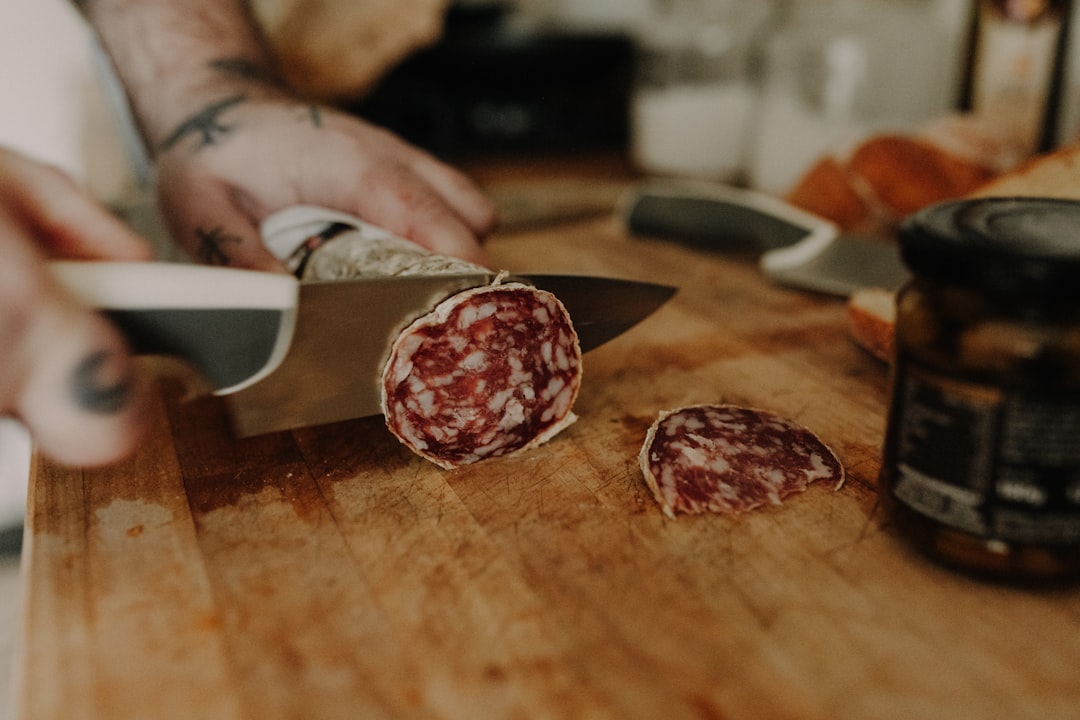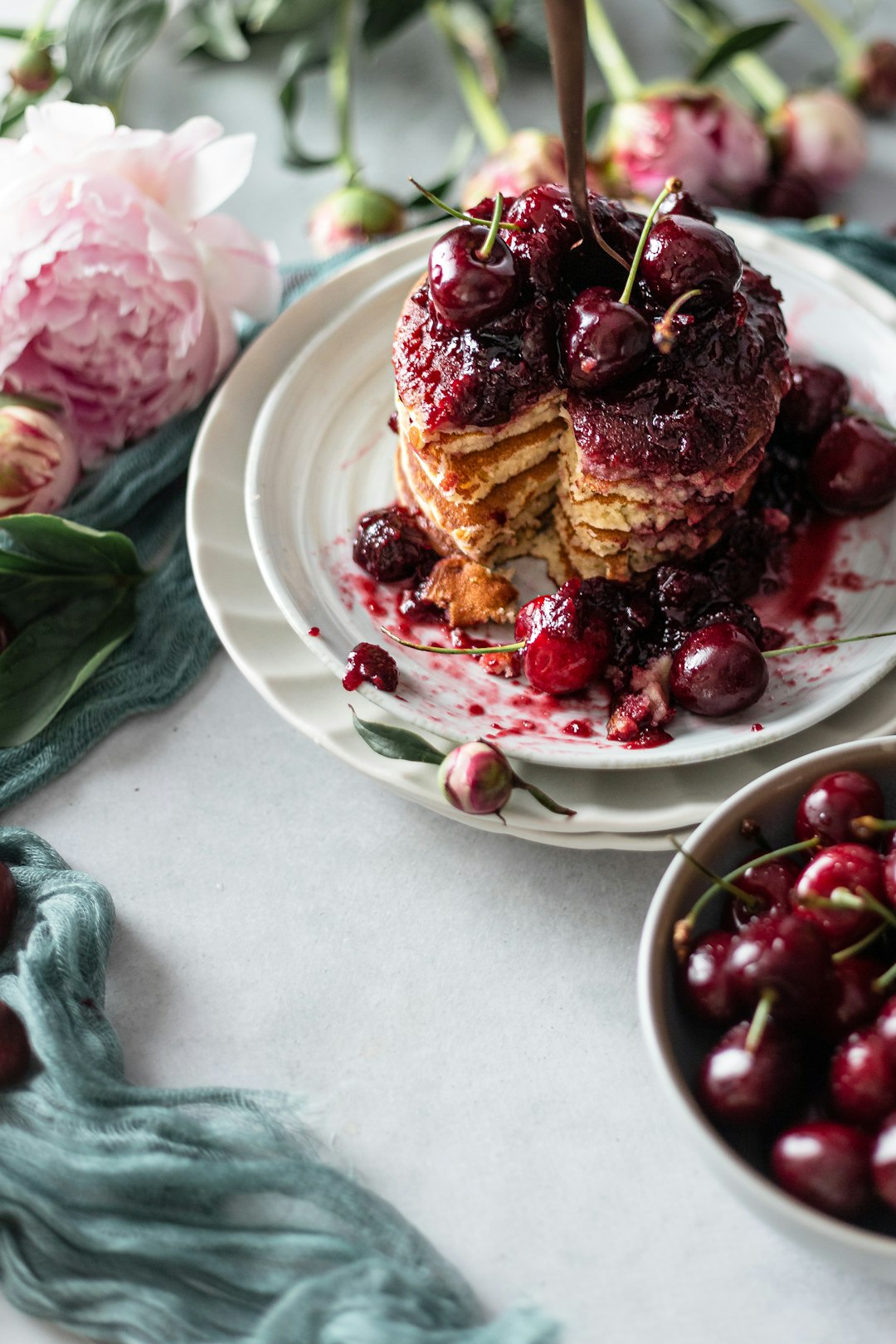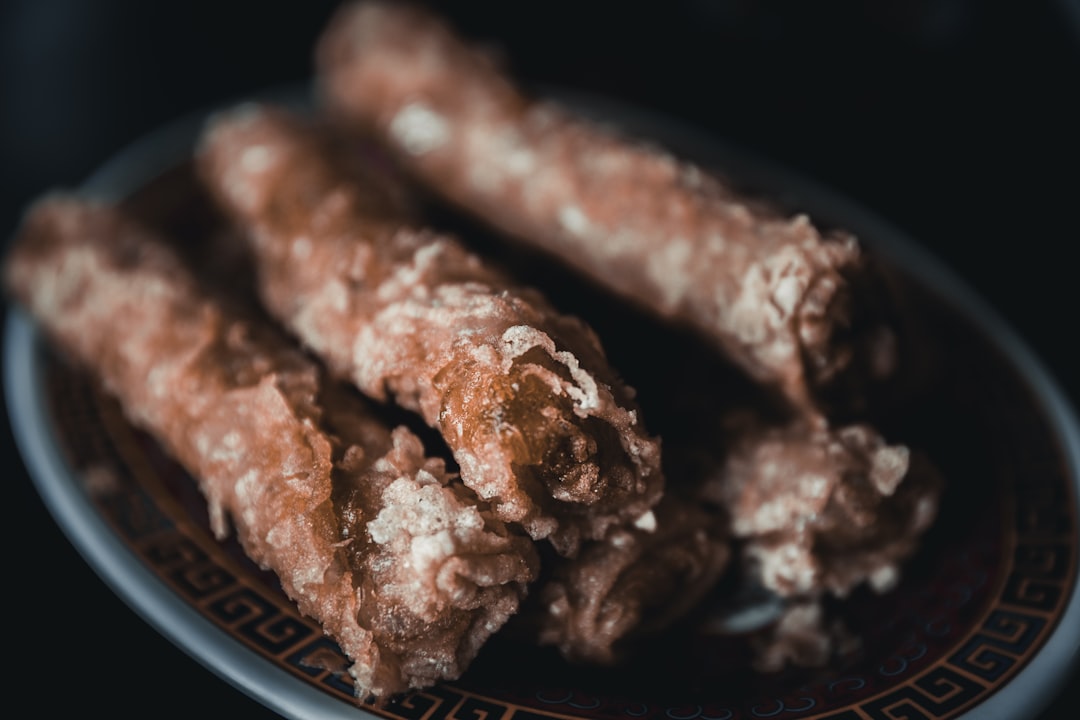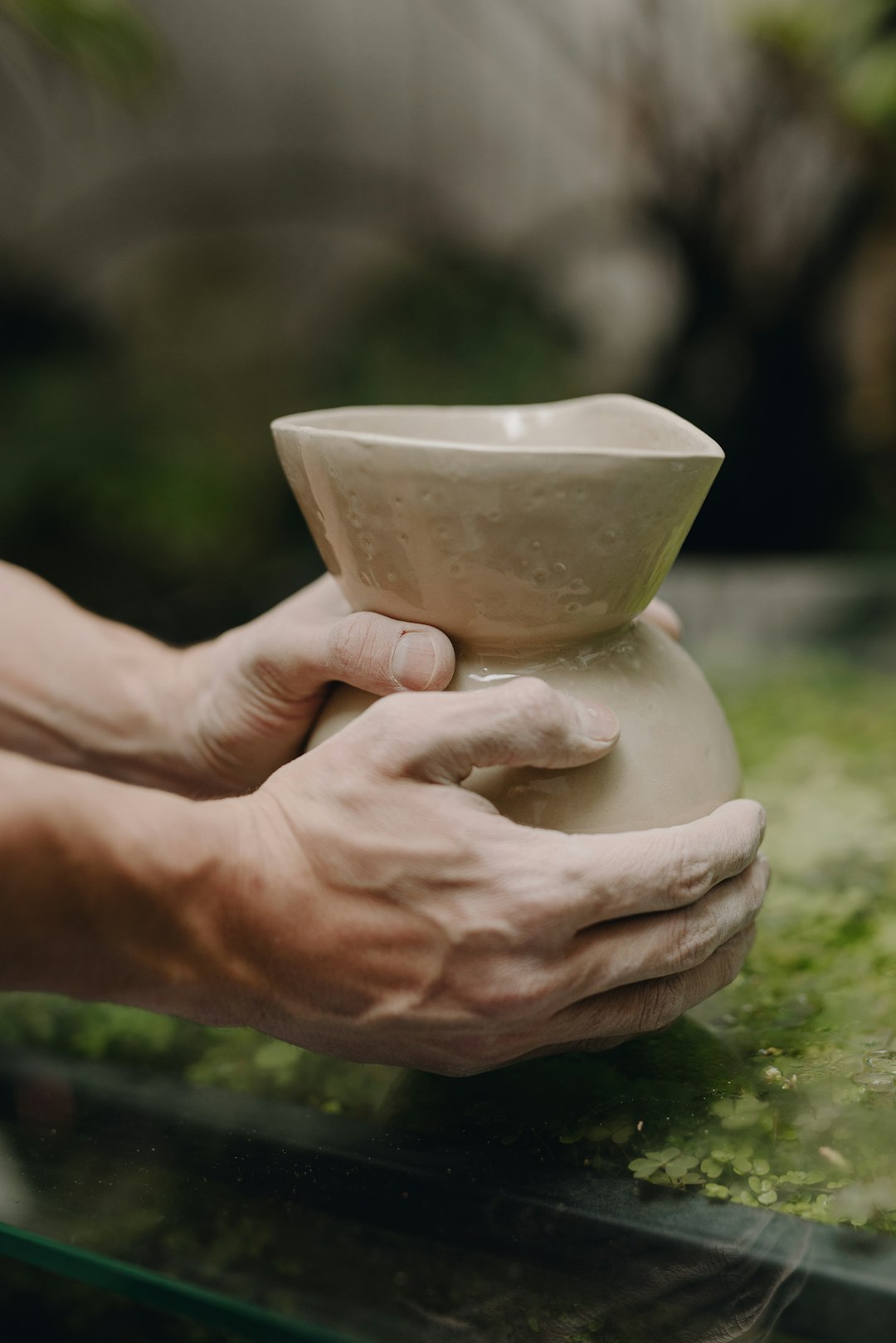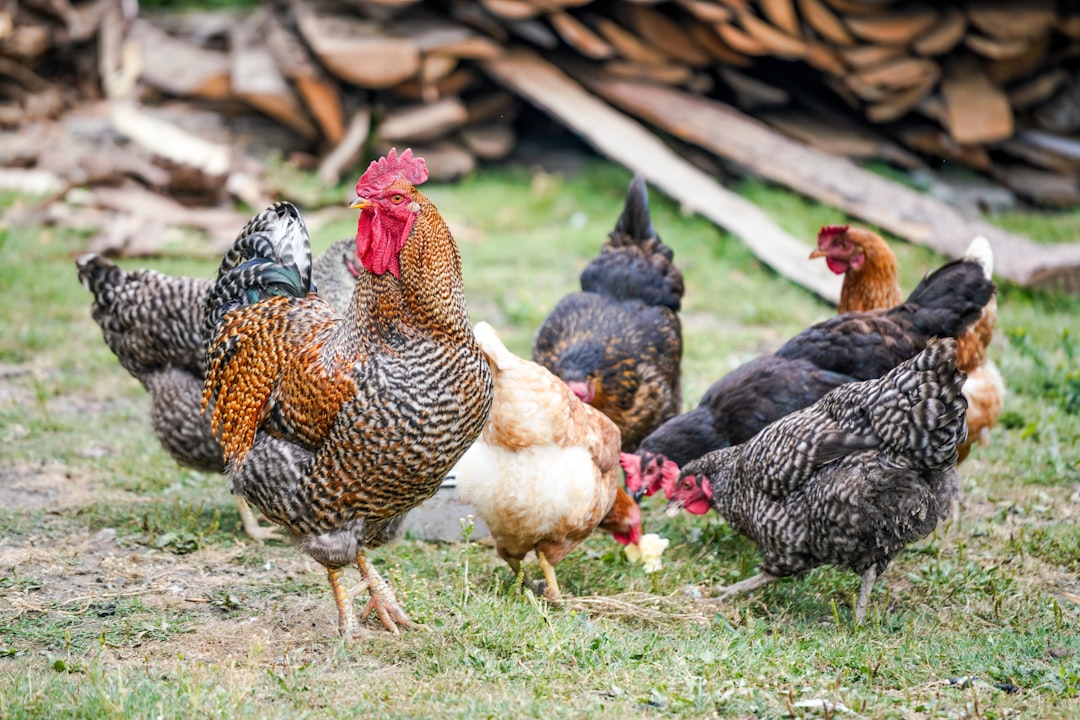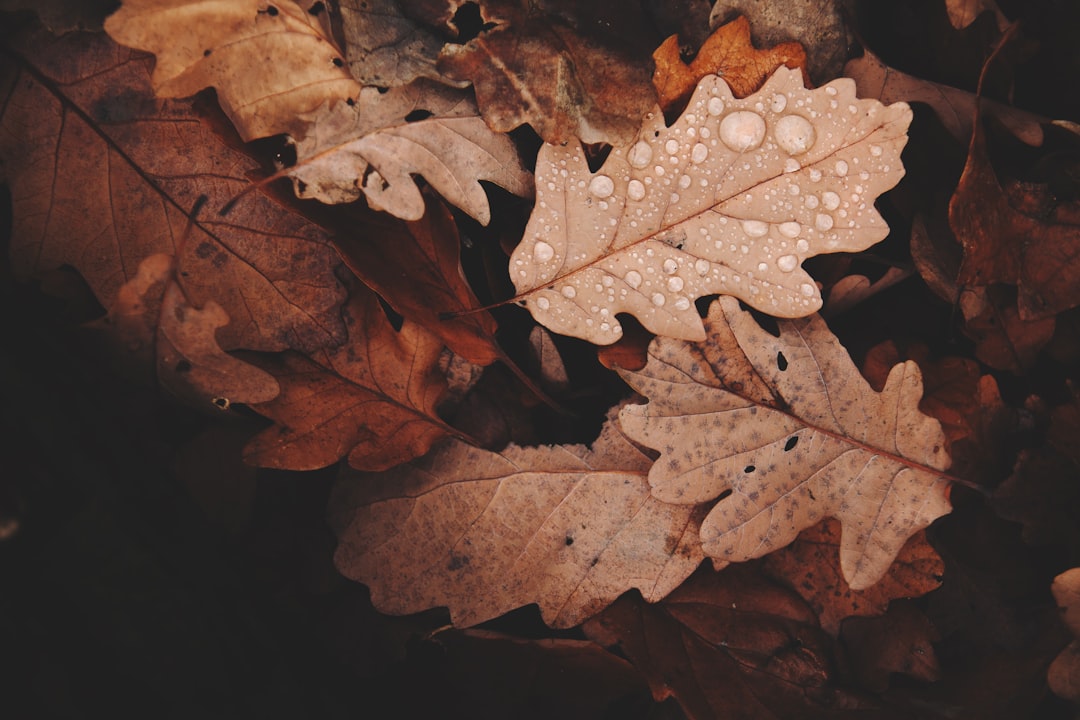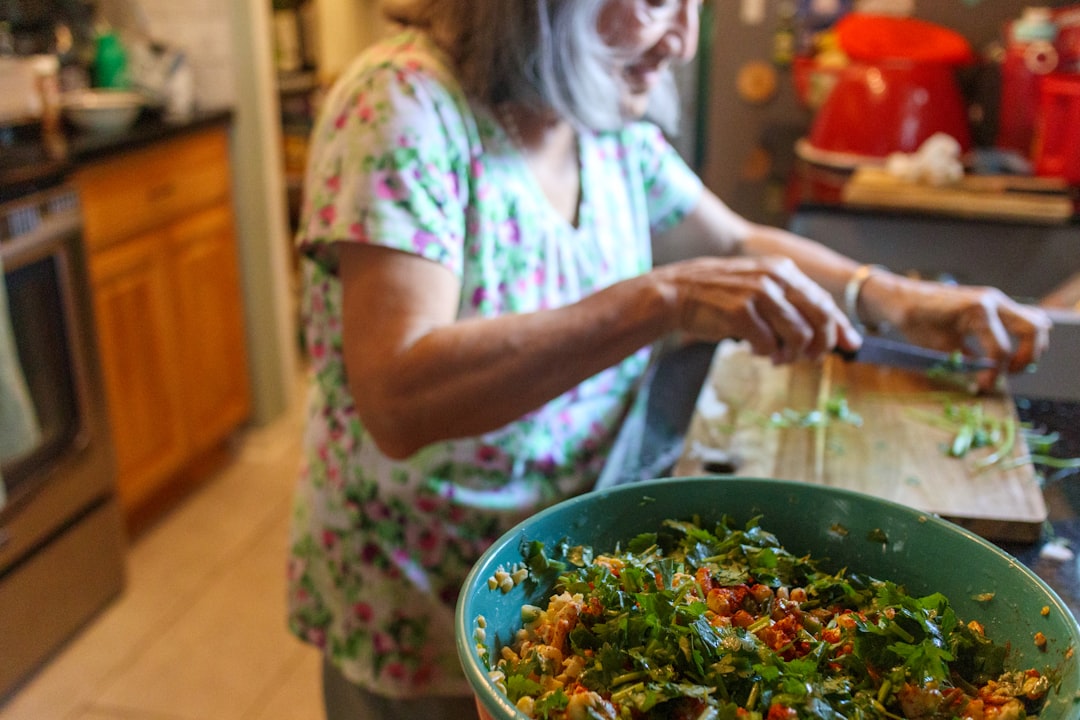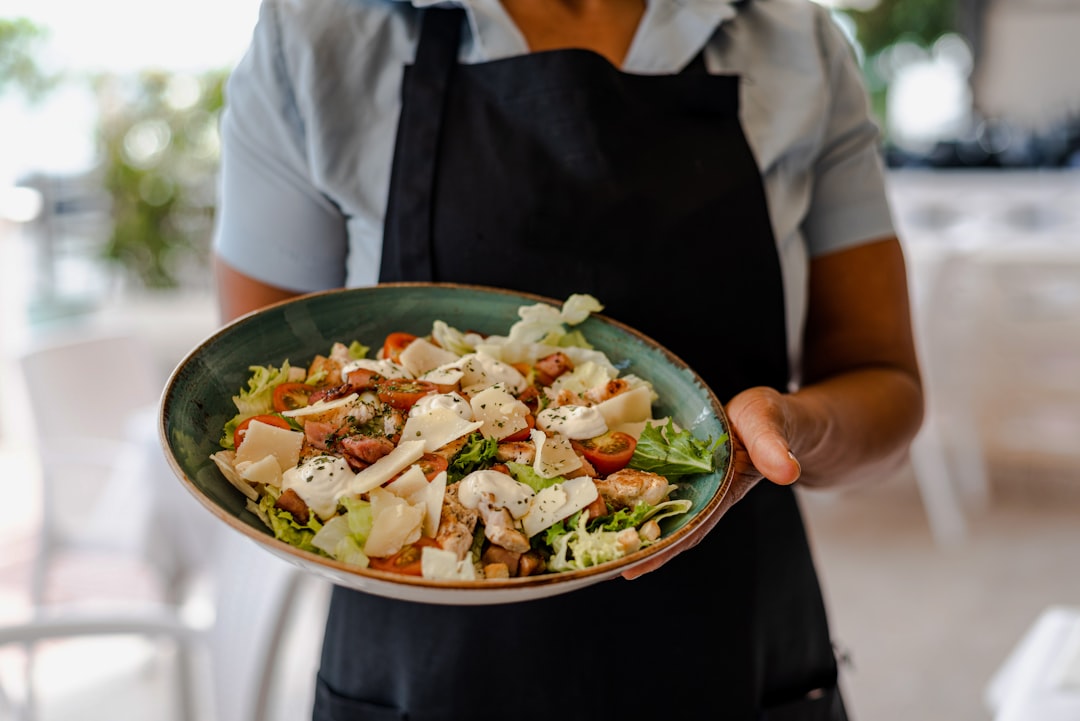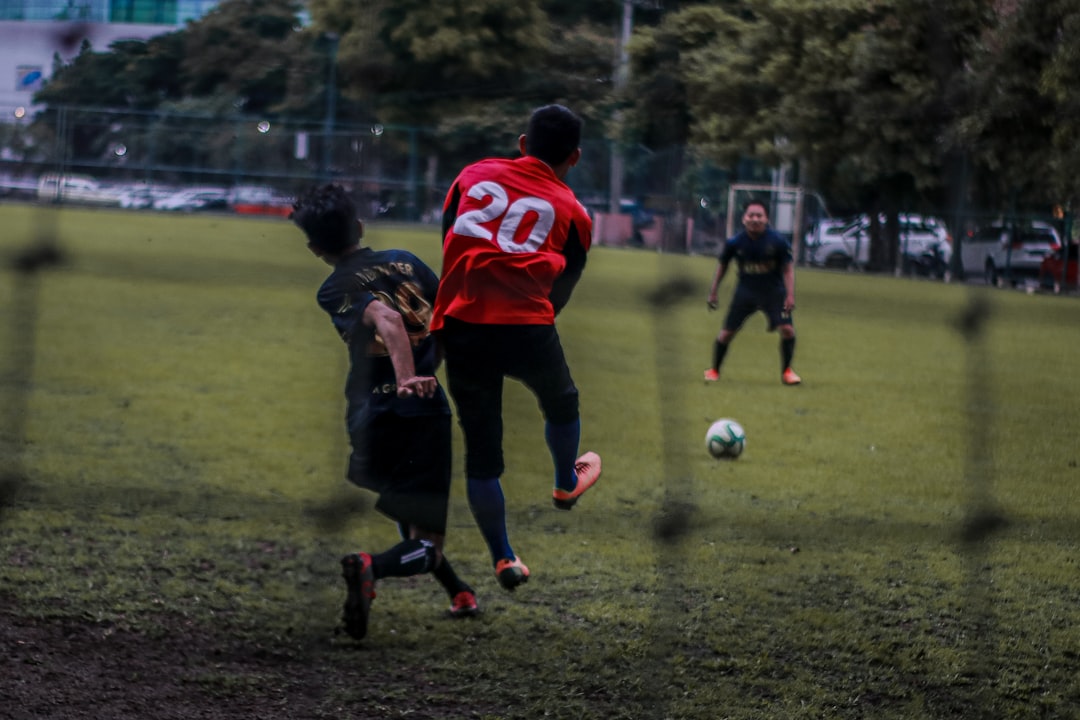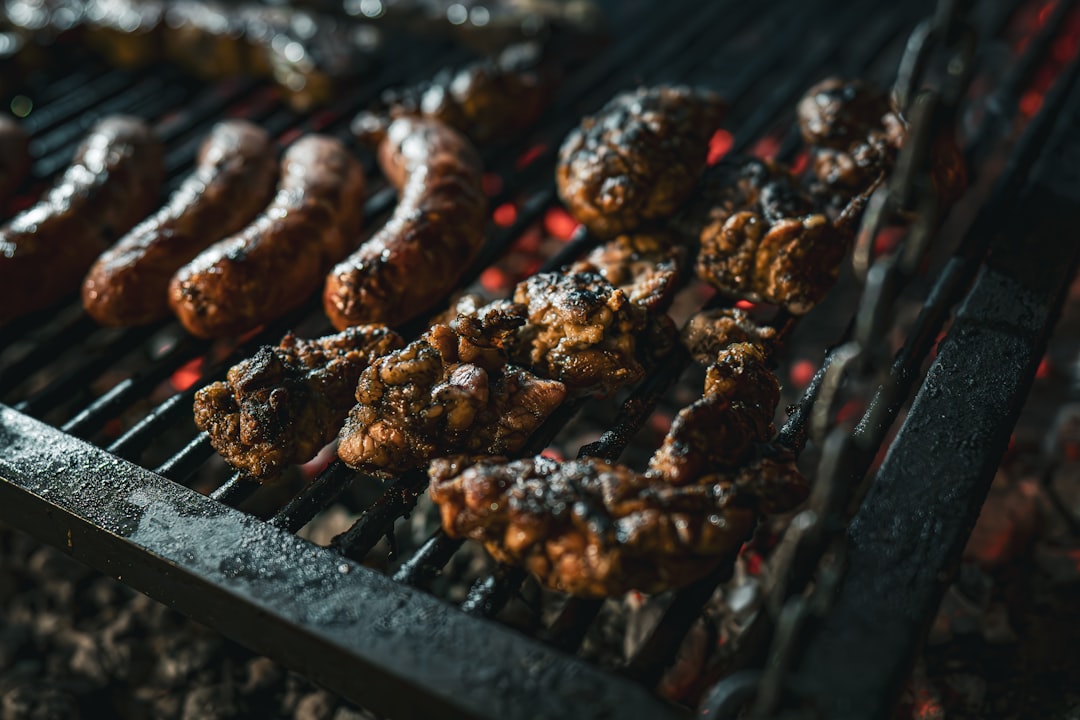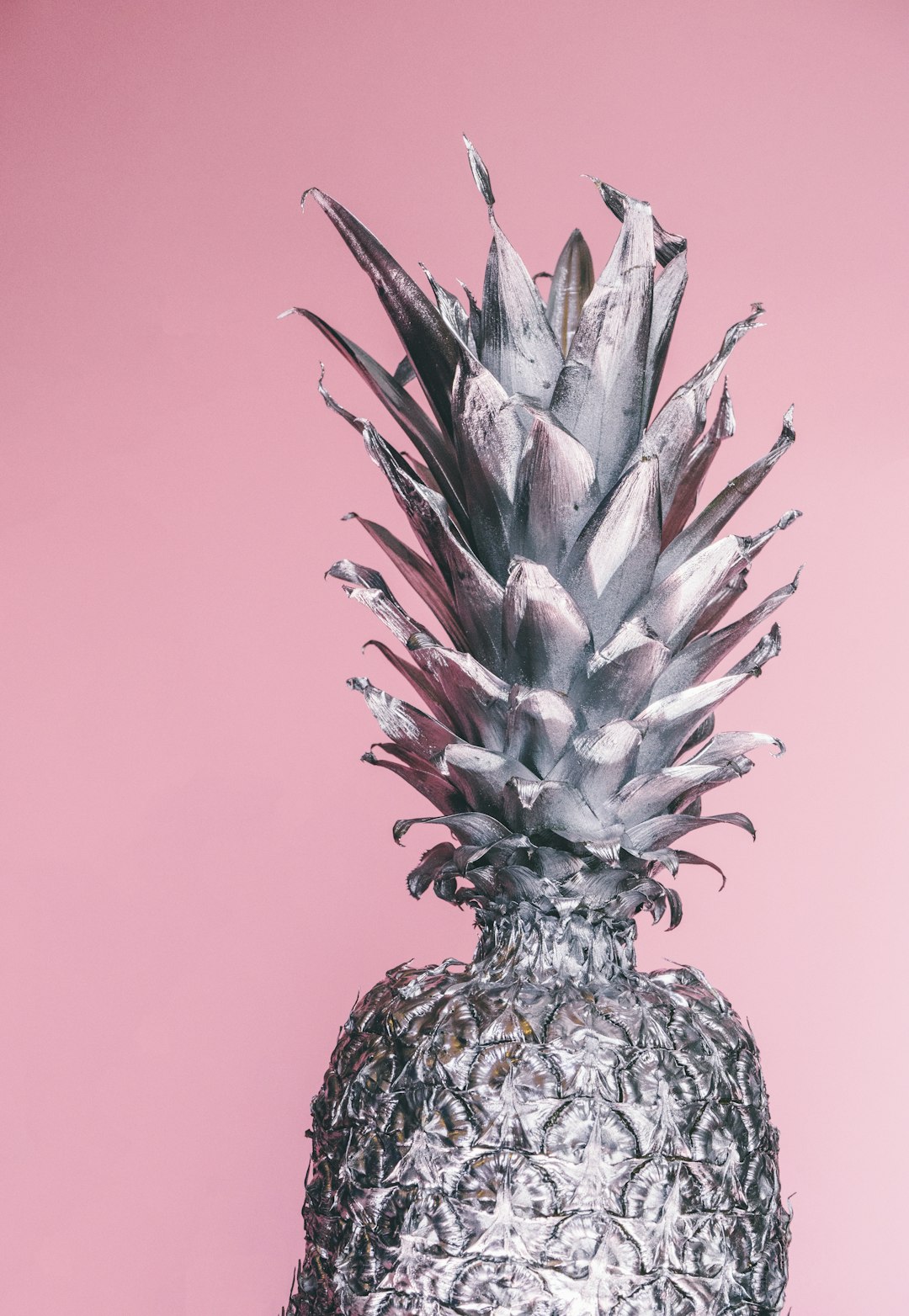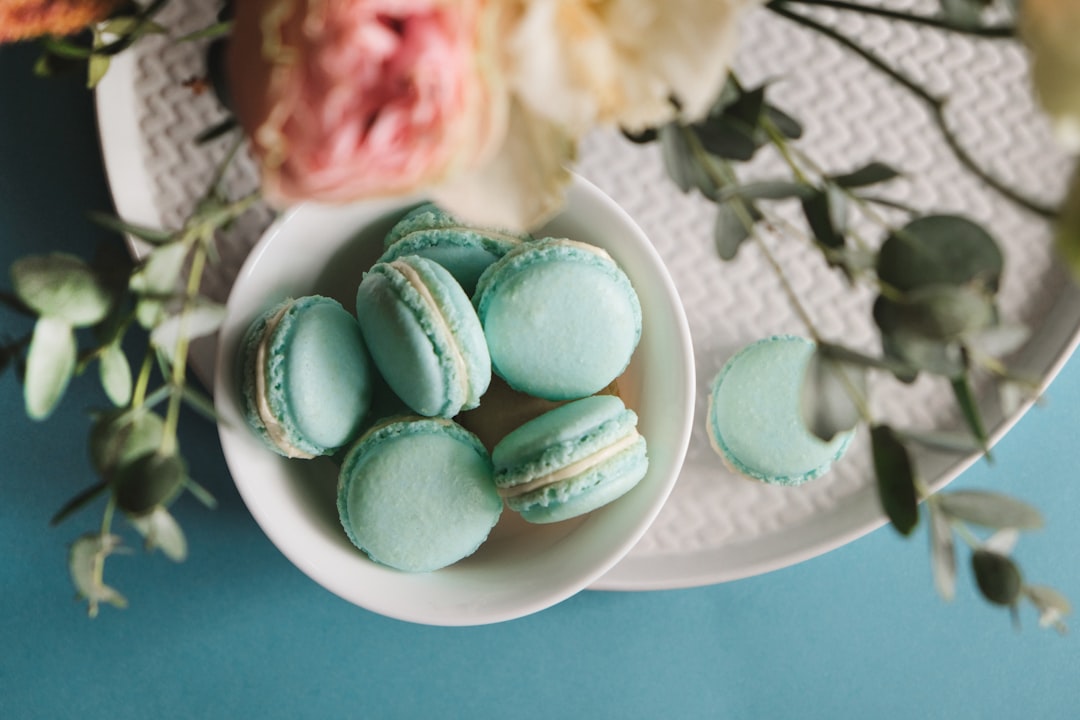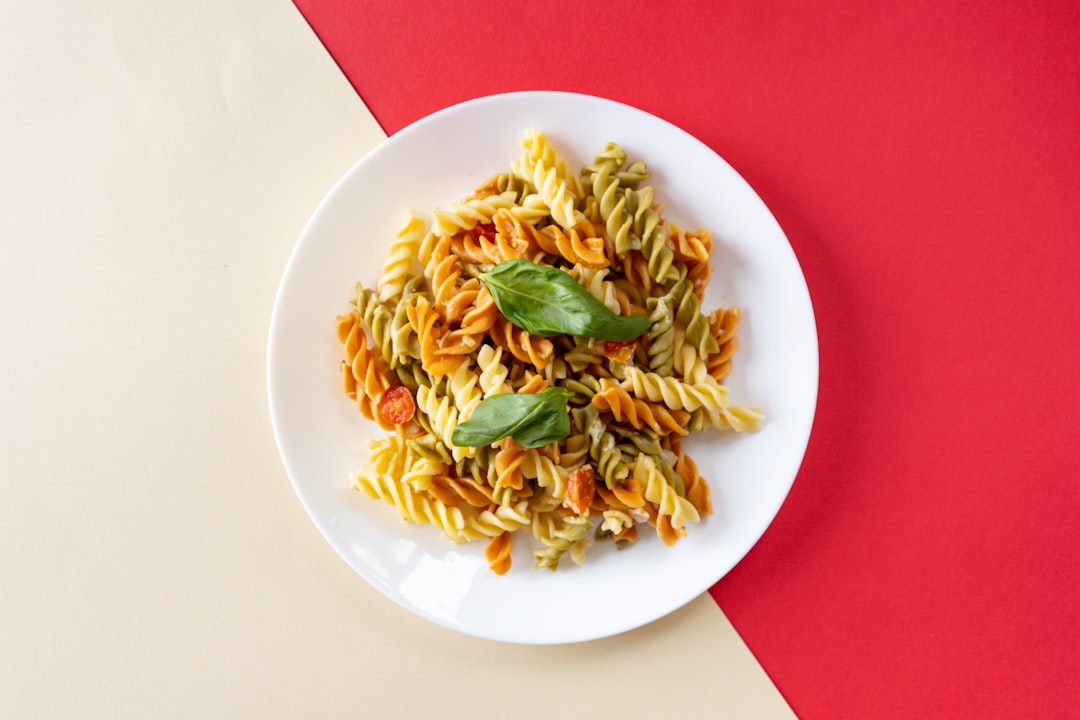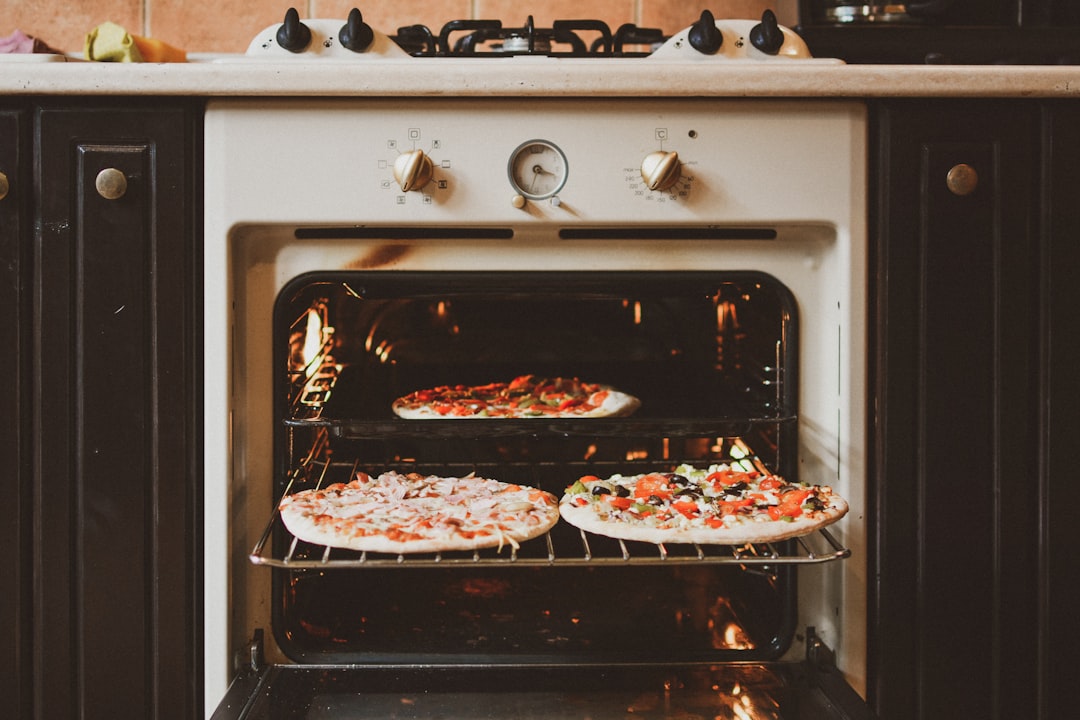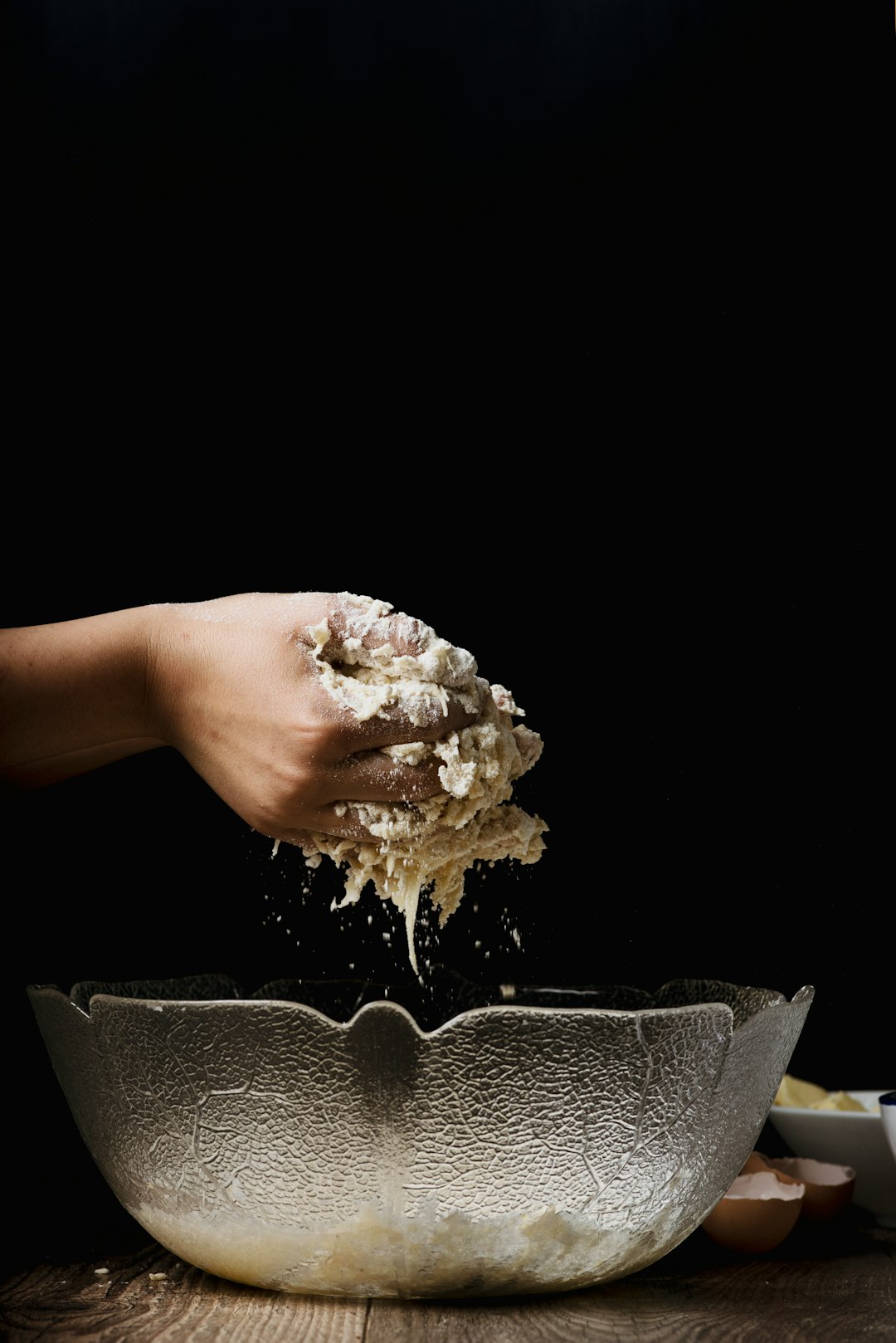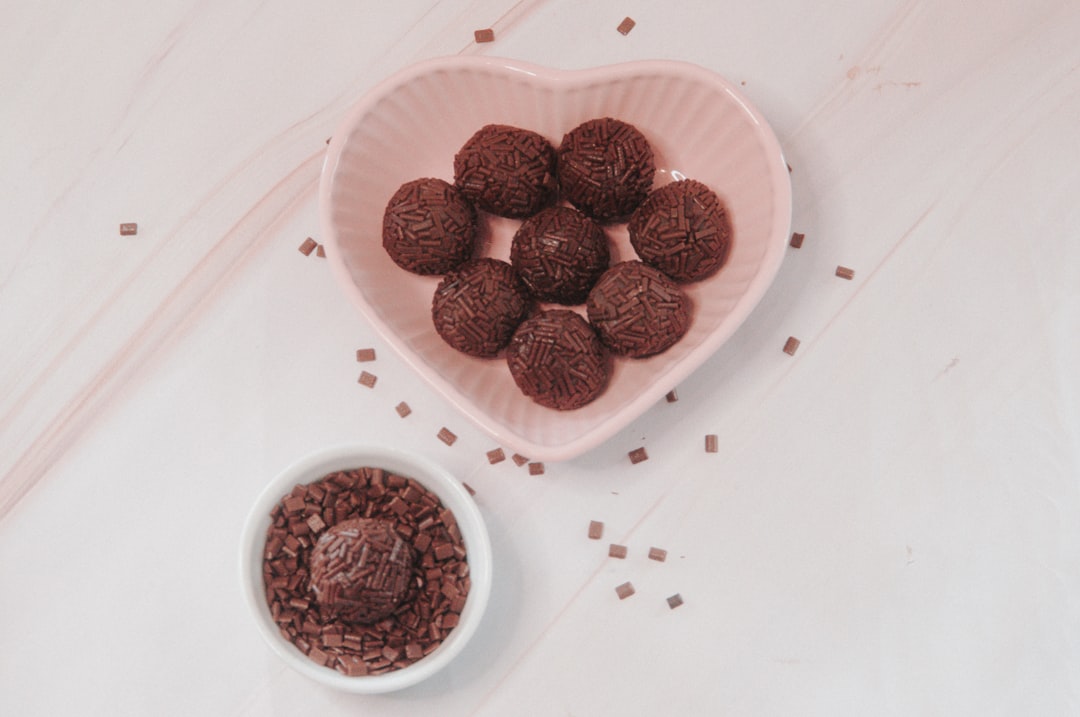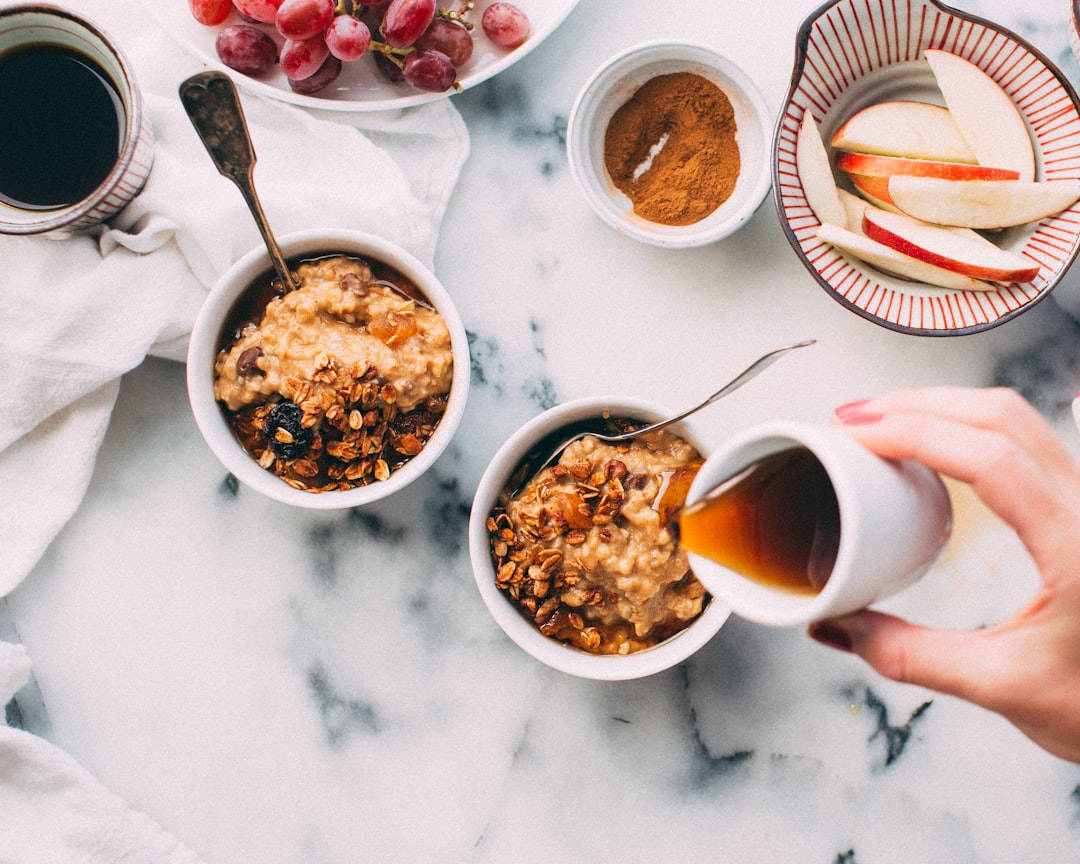
Cast - iron skillets are a timeless and versatile cooking tool that can last for generations if properly cared for. One crucial aspect of maintaining your cast - iron skillet is being aware of the foods you should avoid cooking in it. In this article, we'll explore the reasons behind avoiding certain foods and how it helps keep your skillet in great shape.
First and foremost, acidic foods are a big no - no for cast - iron skillets. Acidic ingredients such as tomatoes, citrus fruits (lemons, limes, oranges), and vinegar can react with the iron in the skillet. When these acidic substances come into contact with the iron surface, they can cause the skillet to rust and also leach iron into the food. This not only affects the taste of your dishes but also deteriorates the skillet's seasoning. For example, if you cook a tomato - based sauce in a cast - iron skillet, over time, you may notice that the sauce takes on a metallic taste, and the skillet starts to show signs of wear on its surface.
Another category of foods to avoid is those high in moisture. Foods like mushrooms, zucchini, and cucumbers release a significant amount of water when cooked. This excess moisture can prevent the skillet from reaching the high temperatures needed for proper searing and browning. Moreover, the moisture can also lead to rusting if not properly dried after cooking. When you cook moisture - rich foods, the steam created can lift the seasoning on the skillet, making it more vulnerable to damage.
Delicate fish is also best cooked in a different pan. Cast - iron skillets have a rough surface, which can cause the fish to stick and break apart during cooking. The high heat retention of cast - iron can also make it difficult to control the cooking temperature for delicate fish, resulting in overcooked or unevenly cooked fillets. For a perfect, flaky fish dish, it's advisable to use a non - stick or stainless - steel pan.
Now, let's talk about why it's so important to avoid these foods. The seasoning on a cast - iron skillet is like a protective layer. It's what gives the skillet its non - stick properties and prevents rusting. When you cook the wrong foods, you risk damaging this seasoning. Once the seasoning is compromised, the skillet becomes more prone to rust, and it loses its non - stick quality. This means that your cooking experience will be less enjoyable, and you'll have to spend more time and effort on cleaning and re - seasoning the skillet.
To keep your cast - iron skillet in top condition, it's essential to follow some best practices. After cooking, always clean your skillet with hot water and a stiff brush. Avoid using soap, as it can strip away the seasoning. Dry the skillet thoroughly over low heat on the stovetop to remove any remaining moisture. Then, apply a thin layer of oil to the entire surface of the skillet, including the handle, to prevent rusting.
In conclusion, by avoiding acidic foods, high - moisture foods, and delicate fish in your cast - iron skillet, you can ensure that it remains in great shape for years to come. Taking these simple precautions will not only extend the lifespan of your skillet but also enhance your cooking experience. So, the next time you're planning a meal, think twice before reaching for your cast - iron skillet and make the right food choices.













